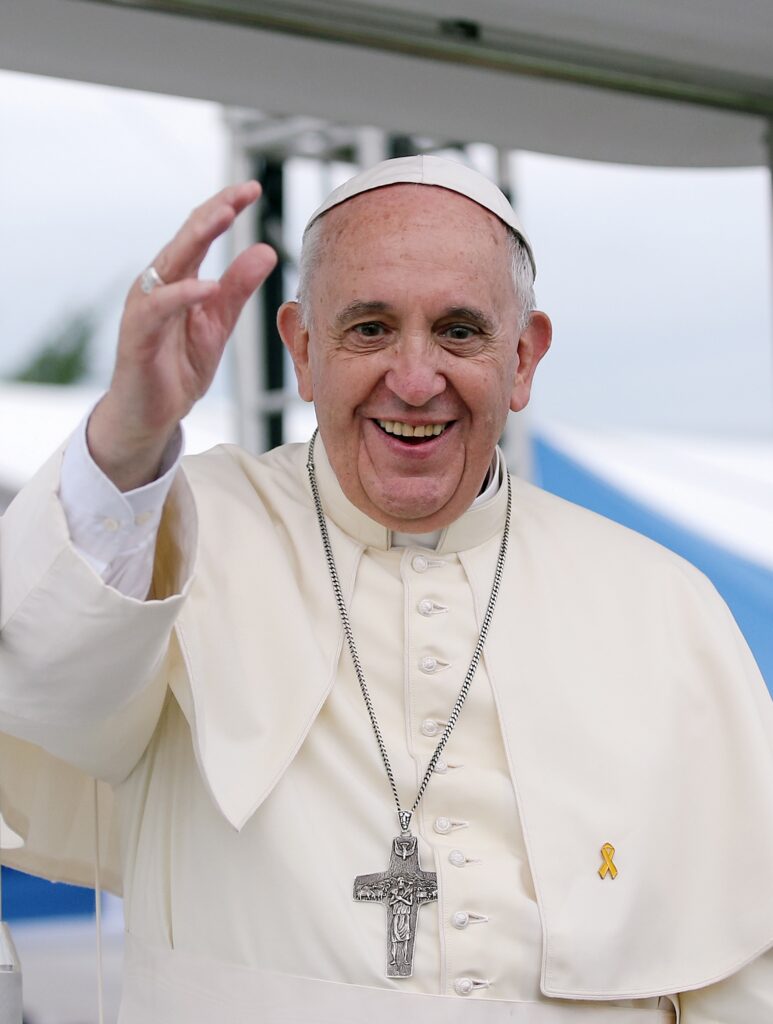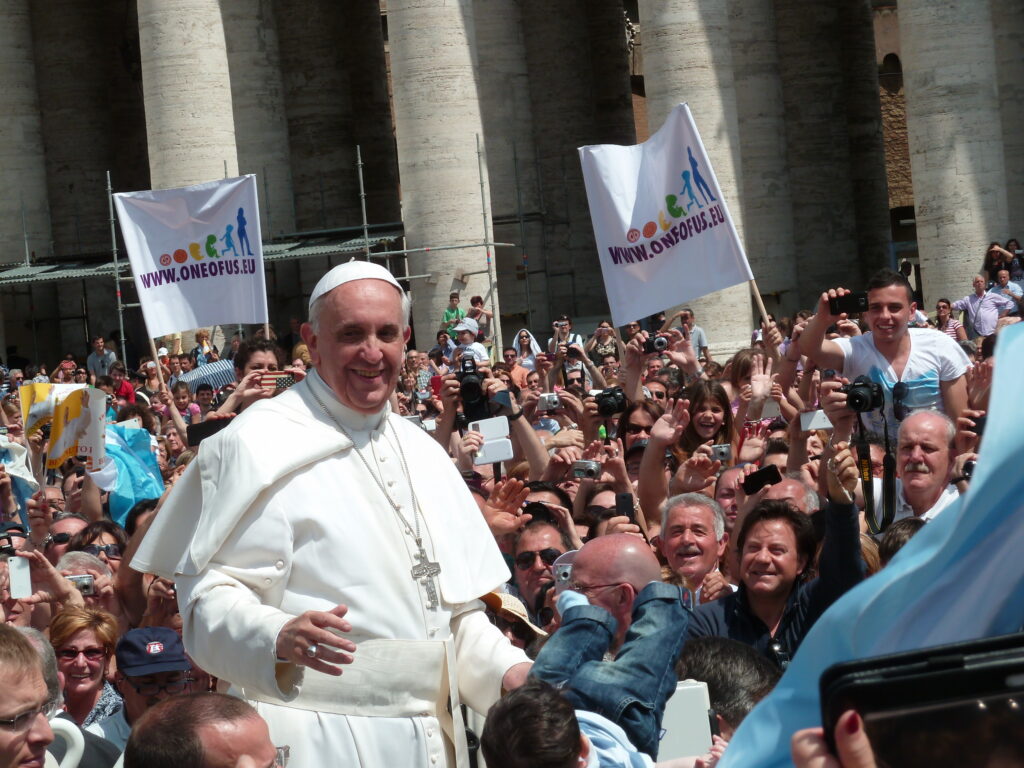Pope Francis urges bishops to act: ‘Homosexuality not a crime’
Pope Francis has criticized laws that criminalize homosexuality in an exclusive interview with the Associated Press on January 24.
The Pope, who is 86, declared the punitive and homophobic laws, which still exist in more than 67 countries worldwide, are “unjust.” He called on Catholic bishops who support such laws around the globe to instead welcome LGBTQ people into the church.
“These bishops have to have a process of conversion,” he said, adding that they should apply “tenderness, please, as God has for each one of us.”
“Being homosexual is not a crime. It’s not a crime,” Francis said during the exclusive sit-down interview with The Associated Press in the Vatican hotel. “Well, yes, but let’s make the distinction first between sin and crime.”
Watch the video here.
LGBTQ activist and broadcaster Andy Humm, who is co-anchor at Gay USA, hailed the comments as a potential step forward for LGBTQ equality—but insisted on a caveat and some papal responsibility to come with these comments.
“It is indeed a breakthrough for a pope to say that anti-sodomy laws are ‘unjust,’ but these laws arise from the teachings of religions such as his that homosexual acts are gravely evil and ‘disordered,'” Humm told Queer Forty.
“If Pope Francis truly wants justice for LGBTQ people he needs to apologize for his church’s historic and ongoing persecution of us and to celebrate the love of same-sex couples. And while he’s at it, how about welcoming women and out LGBTQ people into the priesthood? Until a lesbian can have his job it is a discriminatory church.”

Francis did acknowledge that Catholic bishops in some parts of the world support laws that criminalize homosexuality or discriminate against the LGBTQ community but attributed such attitudes to diverse cultural backgrounds, especially in Africa and the Middle East, rather than to church teachings. He nodded in agreement when told that dozens of U.S. states still have anti-sodomy laws on the books despite a 2003 Supreme Court ruling declaring them unconstitutional. He said bishops in particular need to change their viewpoint in a “conversion” so that they acknowledge the dignity of everyone.
These comments by Francis are the first time a pope has directly weighed in on anti-LGBTQ laws as unjust — but they are not new views for Francis who has previously expressed that members of the LGBTQ community should have a safe haven within the Catholic church.
An estimated 67 countries or jurisdictions worldwide criminalize consensual same-sex sexual activity, 11 of which can or do impose the death penalty, according to The Human Dignity Trust. Activists and the UN have long maintained that even when such laws are not enforced by authorities, they still reinforce a culture of stigmatization and violence against LGBTQ people, which impacts the community’s wellbeing.
Frances reiterated that the Catholic Church should work towards ending such laws. “It must do this. It must do this,” he said. “We are all children of God, and God loves us as we are and for the strength that each of us fights for our dignity.”
Francis’ remarks come after the death of his more conservative predecessor, Pope Benedict XVI, and ahead of a trip to Africa, where violent crackdowns and attacks on LGBTQ+ Africans are common.






